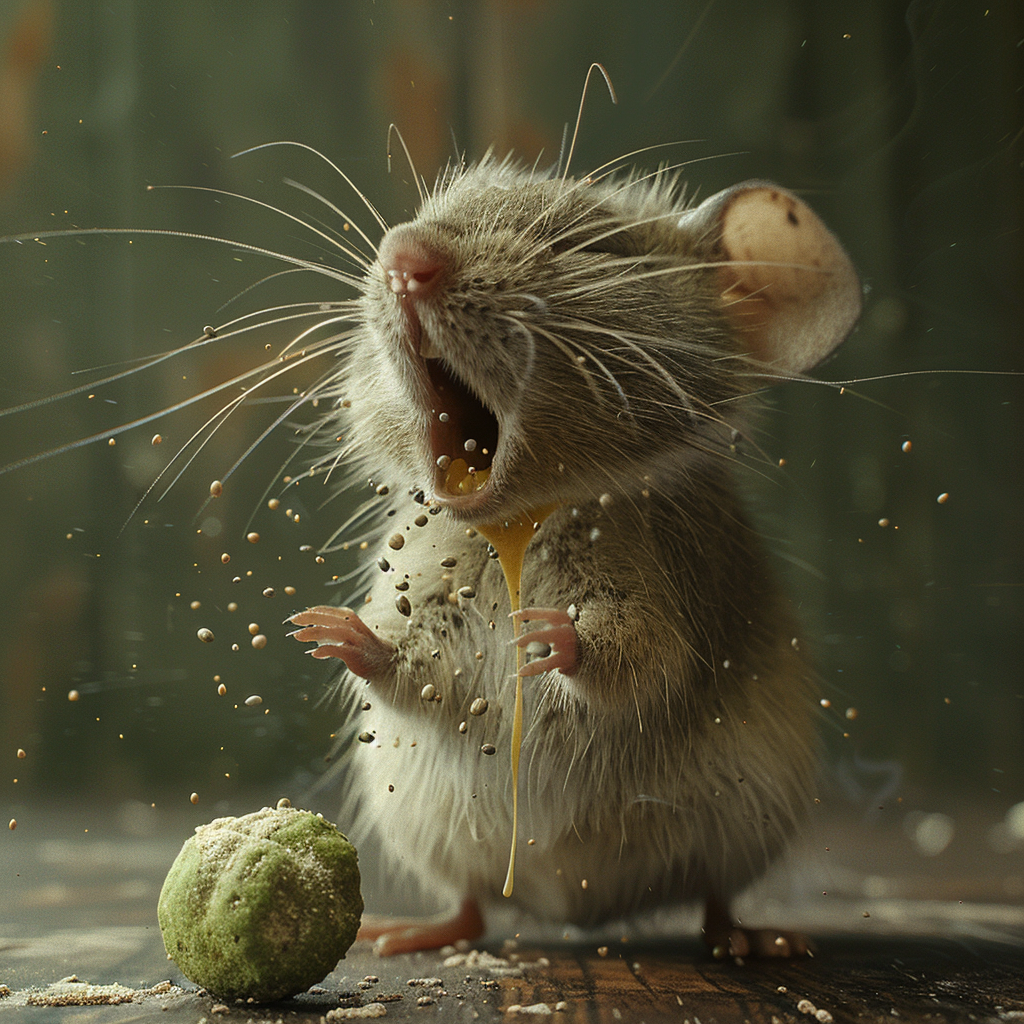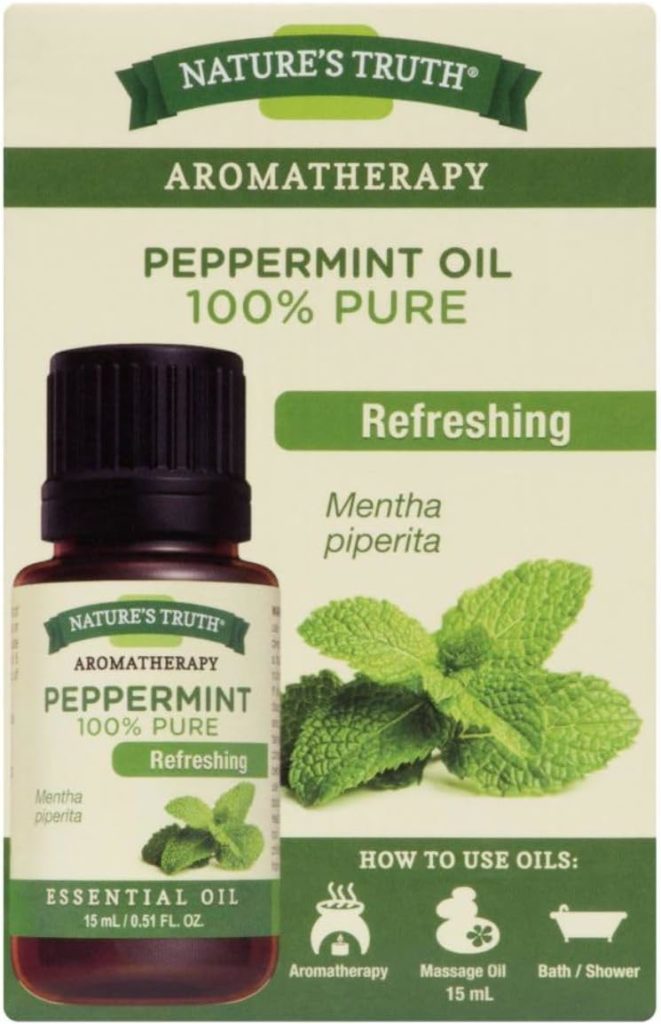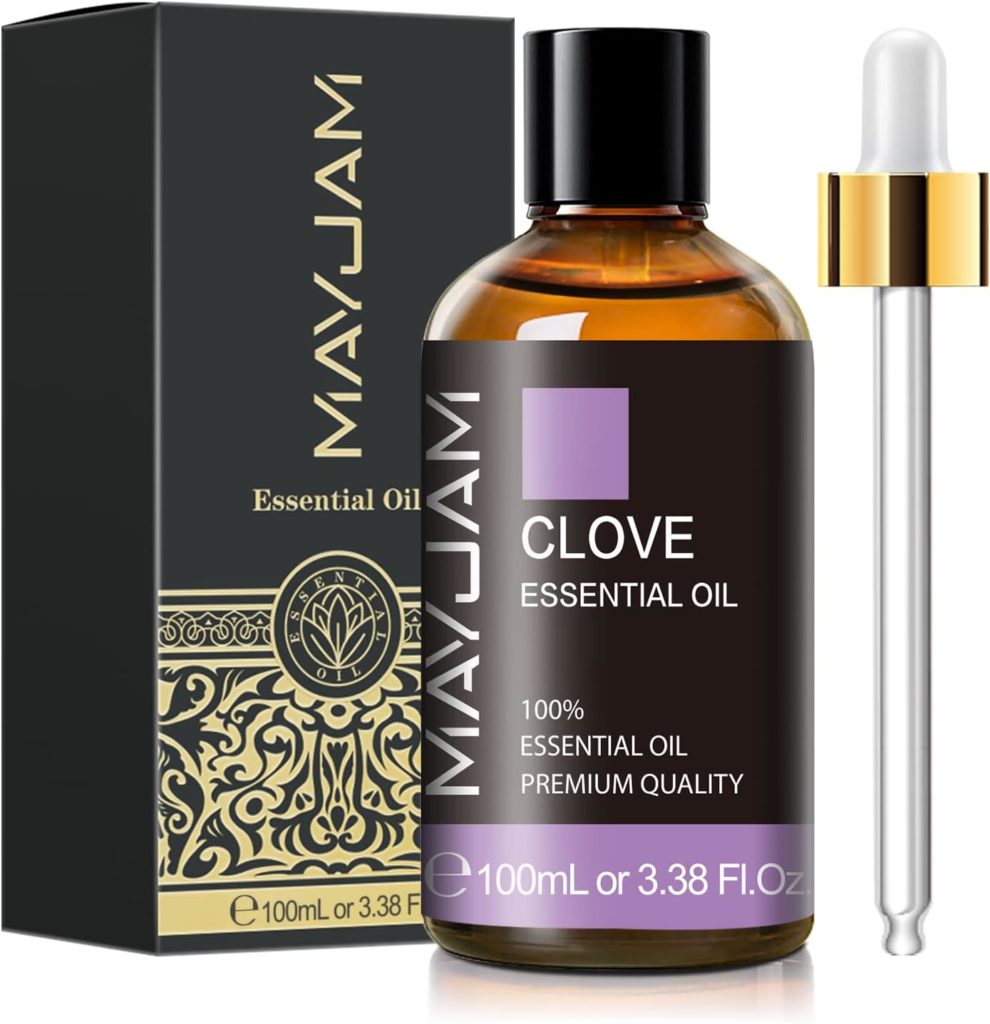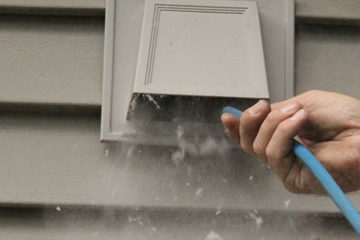Mice might be small, but they can cause big problems if they invade your home. While many people reach for traps and poisons to deal with these unwanted guests, others prefer to keep things natural. So, what smells do mice hate most, and how can you use these scents to keep them away effectively? Let’s dive into some of the most powerful natural smells that can help you maintain a mouse-free home.
Why Use Natural Repellents?
Natural repellents offer a safer, eco-friendly way to deal with mice. Unlike chemical solutions, these scents do not pose a threat to your pets, children, or the environment. Moreover, natural options are often easier to apply and more readily available. So, if you’re curious about what smells do mice hate most, here are the top contenders that could keep those pesky rodents away for good.
What Smells Do Mice Hate Most?
Peppermint Oil
First and foremost, peppermint oil ranks high on the list. Mice have an acute sense of smell, and they find the strong, minty scent of peppermint extremely unpleasant. To use peppermint oil, simply soak a few cotton balls and place them in areas where you suspect mice activity—like kitchen cabinets, pantries, and entry points. Additionally, you can make a peppermint oil spray by mixing a few drops with water, and then spritzing it around your home. Not only will it help keep mice away, but it will also leave your home smelling fresh and clean.
Clove Oil
Another scent that mice despise is clove oil. Clove oil has a powerful, spicy aroma that overwhelms the sensitive noses of mice. To use clove oil, place a few drops on cotton balls and strategically position them in the same areas where mice are likely to enter or nest. Because clove oil’s smell can be quite potent, you might want to combine it with other natural scents to enhance its repelling effect.
Ammonia
Interestingly, ammonia can also be a very effective mouse deterrent. Mice associate the pungent smell of ammonia with the scent of predators’ urine, which naturally makes them want to stay away. To use ammonia, fill small containers with the liquid and place them near potential entry points. Be careful, though—ammonia can be harmful if inhaled directly, so always keep it out of reach of children and pets.
Vinegar
Many people overlook vinegar, but its sharp, acidic scent is something mice definitely dislike. You can use vinegar in several ways: try soaking rags in vinegar and placing them around your home, or create a vinegar spray for easy application in hard-to-reach areas. Reapplying vinegar regularly will help ensure its scent remains strong enough to keep mice at bay.
Other Natural Scents: What Smells Do Mice Hate Most?
Besides the ones mentioned, other natural smells can help deter mice. Garlic and cayenne pepper, for instance, both have strong odours that mice find offensive. You can sprinkle these spices around entry points or make a spray solution to distribute throughout your home. Even dryer sheets, with their intense fragrance, can serve as a quick fix in areas where mice tend to enter.
How to Use These Smells Effectively
Using these scents effectively involves more than just knowing what smells do mice hate most. The key lies in placement and consistency. Start by identifying areas where mice are most likely to enter or nest—such as basements, attics, and kitchen corners. Then, regularly place your chosen natural repellent there, ensuring that the smell stays potent. For better results, consider combining different scents to create an even stronger deterrent. Always remember, though, that consistency is crucial; reapply these scents frequently to maintain their effectiveness.
Limitations of Natural Repellents
While natural repellents can be incredibly effective, they might not always be enough to solve a severe infestation. In some cases, mice may become accustomed to these smells or simply find other ways to get into your home. Therefore, it’s important to monitor the situation closely. If you find that natural methods are not sufficient, it might be time to consult a professional pest control service. Additionally, consider other preventive measures like sealing entry points and keeping your home clean and free of food crumbs.
So, what smells do mice hate most? Peppermint oil, clove oil, ammonia, vinegar, and even garlic all rank high as natural mouse repellents. By using these scents effectively, you can create an environment that mice will find unwelcoming, making it less likely they’ll want to stay. Try out these natural methods today and enjoy a safer, healthier, and mouse-free home.
Read this popular article about peppermint tea bags to deter mice: Get Rid of Mice Using a Peppermint Tea Bag






